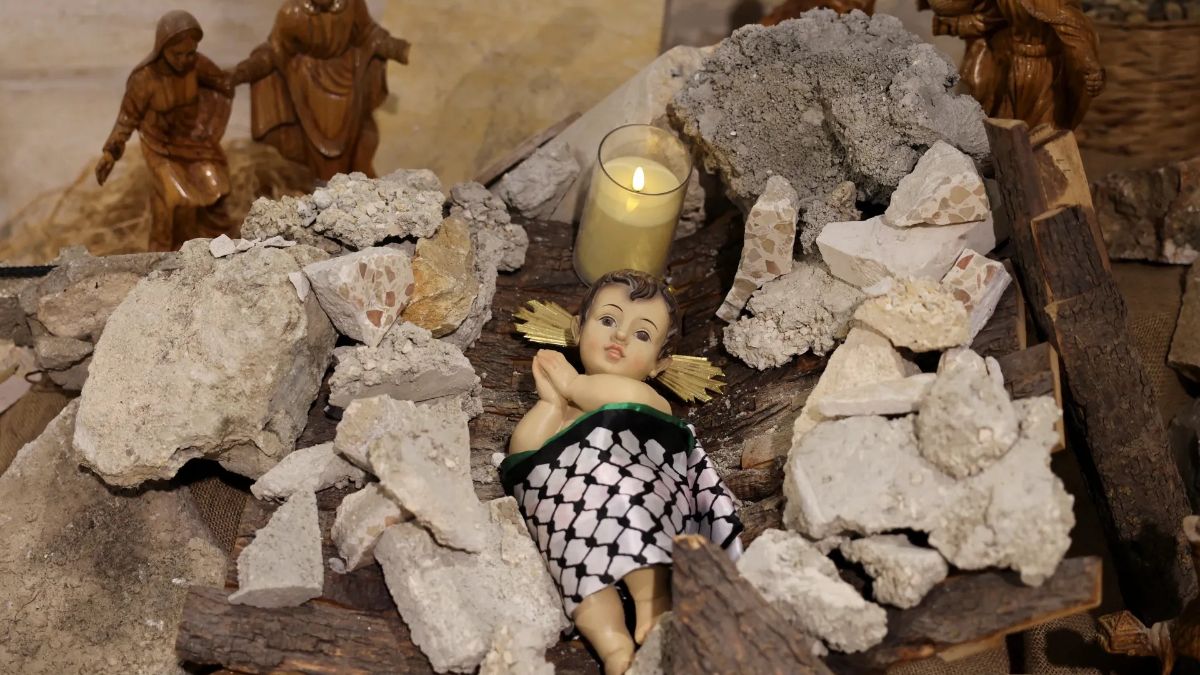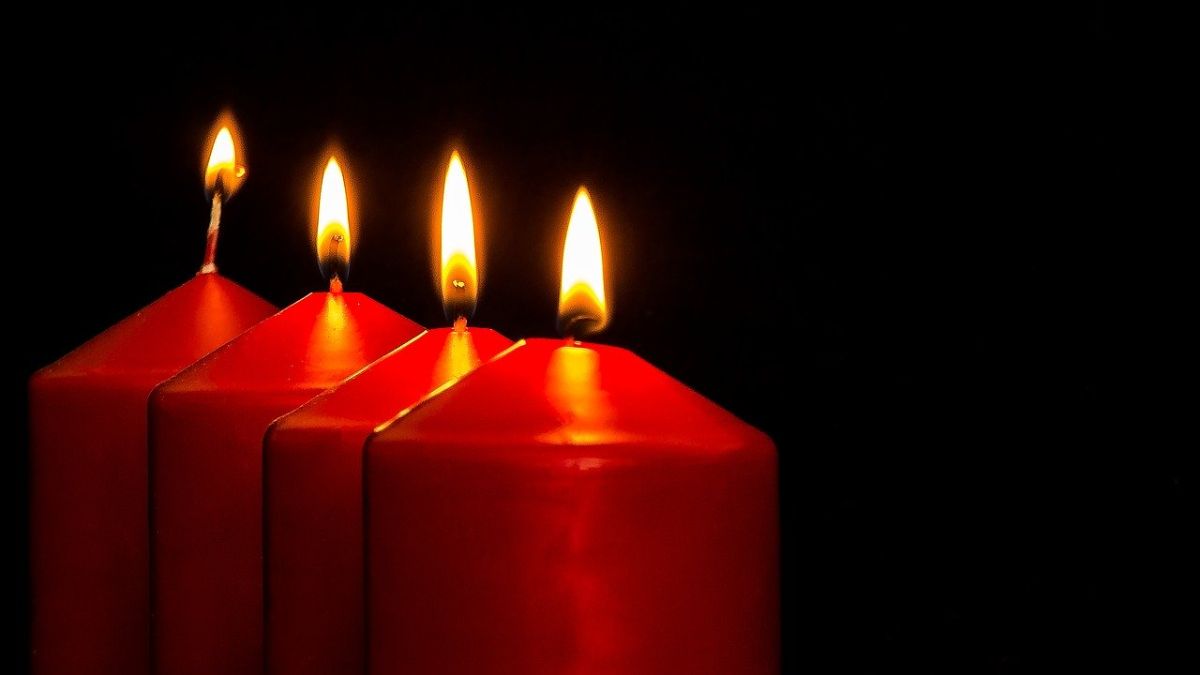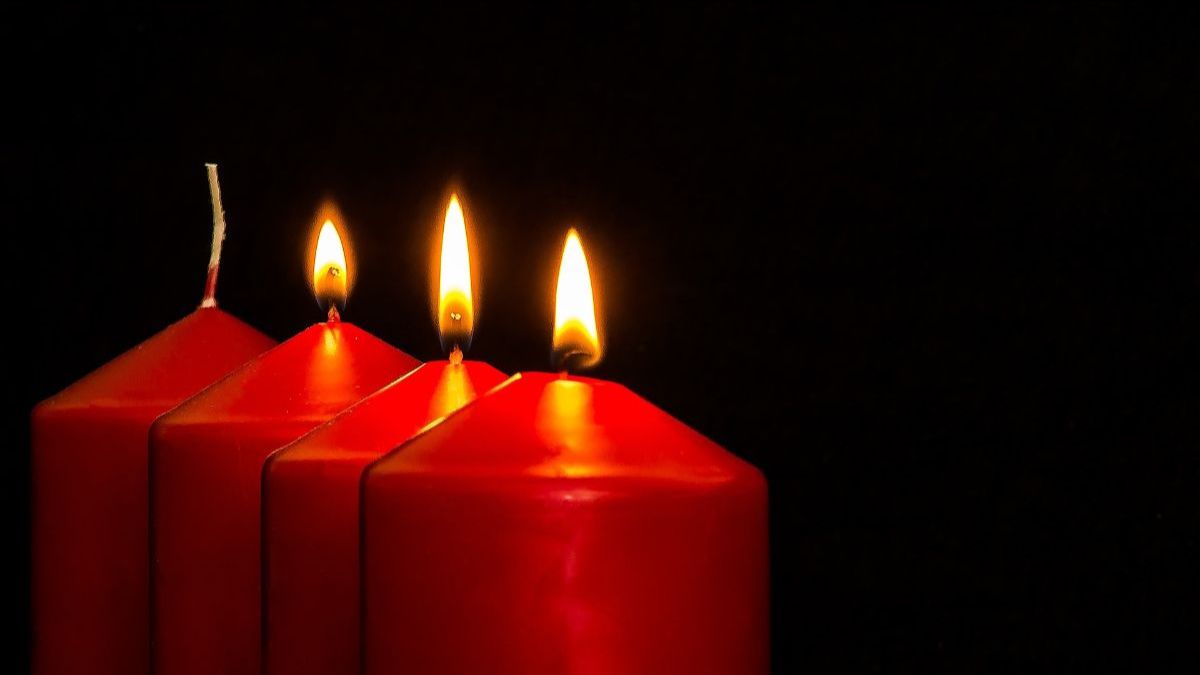Temple Cleansing or Temple Closing?
Making a whip of cords, he drove all of them out of the temple, both the sheep and the cattle. He also poured out the coins of the money changers and overturned their tables. He told those who were selling the doves, "Take these things out of here! Stop making my Father's house a marketplace!" His disciples remembered that it was written, "Zeal for your house will consume me." The Jews then said to him, "What sign can you show us for doing this?" Jesus answered them, "Destroy this temple, and in three days I will raise it up."
John 2:15-19
March 5, 2015, Words By: Kris Rocke, Image By: "doves in flight" by Vince Wingate (CC BY-SA 2.0)
Jesus did not “cleanse the temple.” Sadly, most Bibles add this heading to the story. It is misleading.
Rather, Jesus closes it down! Better yet, he creates a new temple in its place – an abode of mercy that is himself. This is the heart of the Gospel!
Several years ago I visited Kolkata, India as part of a doctoral class along with Joel Van Dyke, my wife Lana, and our good friend Tim Merrill from Camden, NJ. We visited Kali Temple, which is the holiest of sites in that great city and from which the name of Kolkata is derived. It sits adjacent to Mother Teresa’s hospice house for the dying.
The day we visited Kali there were throngs of people lined up to perform the ritual animal sacrifice and gain favor with the goddess Kali. It was muggy hot and the smell of blood and incense was intense. When we got close enough to see what was happening, I saw a mother ceremoniously place her child’s head on a bloody chopping block as if to offer her up to Kali. As the priest theatrically lifted the long knife, the mother withdrew the child’s helpless head and a small goat was offered in its place. We gasped and turned away.
One doctoral student in our group snarled in self-righteous disgust. He insisted that we (North American Christians) are above that kind of primitive religious violence. I wanted to believe him, but I had my doubts. To be honest, there was a part of me that preferred the honesty of animal sacrifice to the hidden forms of sacrificial violence that we practice in our culture.
For example, authors/activists like Michelle Alexander (The New Jim Crow) and Bryan Stevenson (Just Mercy) argue convincingly that the U.S. criminal justice system is a sanctioned system of sacrifice of young African American and Latino males. It represents an utter failure of imagination for any more peaceful and productive means of establishing social order.
Currently, one in every 15 black men and one in every 36 Latino men are incarcerated in the United States, compared to one in every 106 white men. Even more alarming, one in every three black male babies born today is expected to be incarcerated. We are creating our own permanent under-caste – or what others call an “American apartheid” – that is creating even greater disparity with each generation.
Particular strains of fear-driven theology conspire to maintain our modern day sacrificial systems. And this doesn’t even begin to count the untold millions who still believe that God, like Kali, is fundamentally angry and on the prowl for God’s next victim. (In a Christian version made popular only in recent centuries, Jesus himself becomes the bloody victim of such a God.) Our ever more sophisticated forms of sacrifice – and the sacrificial logic that supports it – make it hard for us to see and take responsibility for the bloody mess we humans (not God) are making.
This week’s text shows up in all four Gospels, as if God knows we need to hear it again and again! Jesus’s action in the temple is the critical event that seals his fate with temple authorities.
A popular interpretation of this passage is that Jesus was cleansing a corrupt system that needed a bit of spit polish. It was a system that wrongfully excluded the poor, women, and gentiles from participating. Jesus cleansed the temple to open it up and make it a “house of prayer for all nations” (Jer 7:1-11). In this interpretation, Jesus would go on to fulfill God’s sacrificial requirement on the cross, bringing the temple system to its fulfillment with a final sacrifice once and for all. This interpretation signals an end to the temple system of sacrifice, but it also preserves the sacrificial logic by which the temple operates, which is always the problem with sacrificial theology.
Thankfully we are learning to see the text afresh. Notice that when Jesus turns the tables, he drives out both merchants and sacrificial animals (cattle, sheep and doves) alike. He sets both sacrificial victims AND their victimizers free. It is a forceful, dramatic act of profound disruption. It is a beautiful act of liberation.
Can we see? Jesus is mercifully driving out the victims that feed the temple slaughterhouse – and with them, the victimizers who presume they are satiating a vengeful God. Without victims the temple can’t survive and neither can such an image of god. We can hear Jesus shout – standing on the shoulders of the prophets before him – “I desire mercy, not sacrifice!”
These are perhaps the most revolutionary and liberating words the world has ever heard.
Peace,
Kris Rocke
Street Psalms
Thanks to Dr. Thomas Truby’s sermon on this passage that inspired this reflection.



